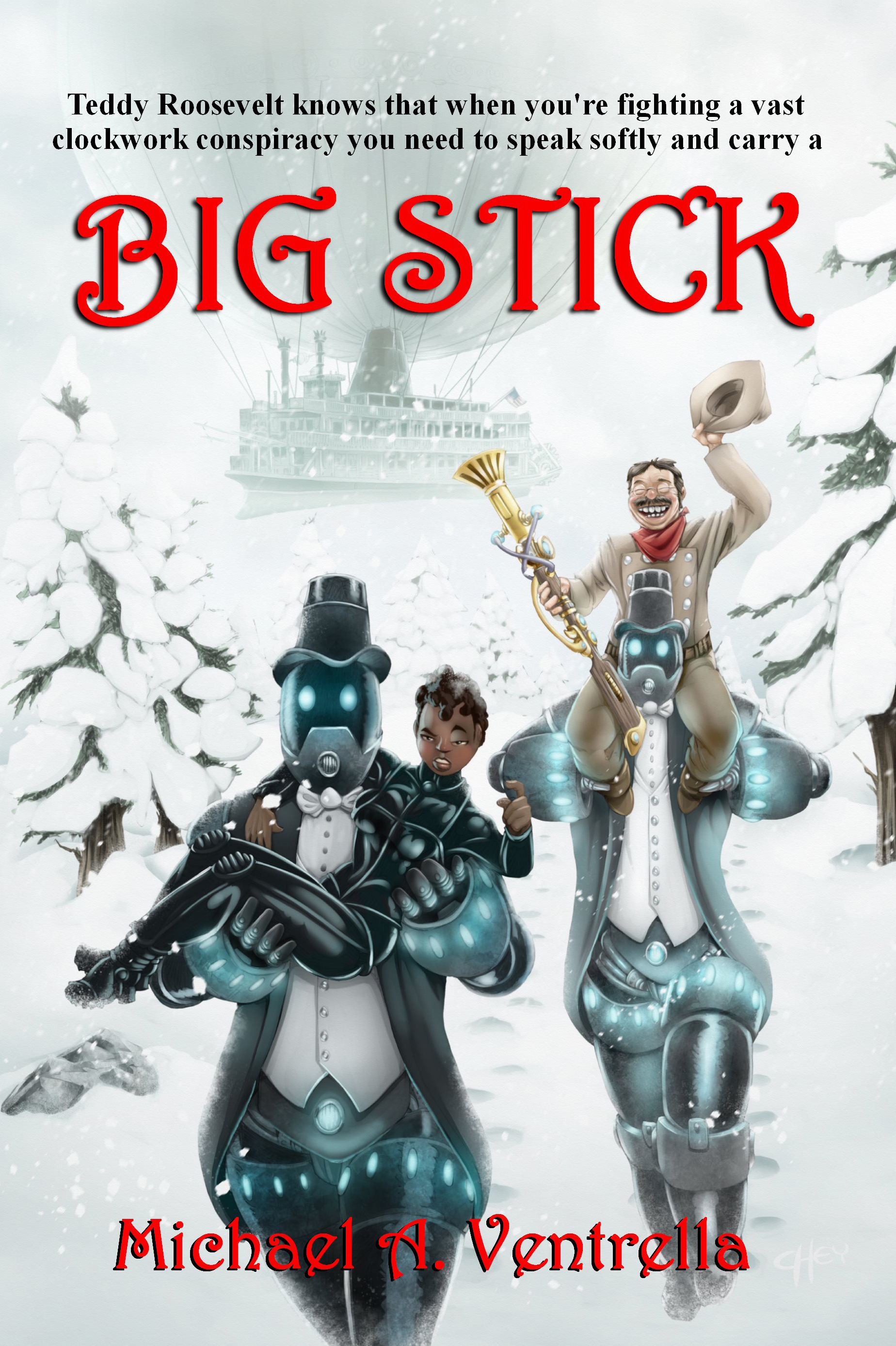I’m not a well-known writer, but I’ve had some of these said to me. If you are meeting a writer, please don’t say these things:
“I wish I had the time to write.” Yes, of course, because this is just a little hobby and your time is so much more important than mine. Look, if you want to be a writer, you have to find time to write. Very few of us are independently wealthy. We all have jobs and families and responsibilities and the exact same 24 hours in a day as you do. We found the time, and so could you if you really wanted to do this.
“How much did you have to pay to get your book published?” Me? I never paid one cent; my publisher sends me a check every six months, though. This is insulting because the implication is that the only reason your book is published is because you published it yourself. Even if it was self-published, the amount paid to do so has nothing to do with the quality of the book.
“Will you read my book and give me comments?” There are editors out there who do that for a living. They get paid to do that. If I have spare time, I would rather be working on my next book or reading something I really want to read for entertainment. You’re asking me to work. Do I go to your job and ask you to do it for me for free? Plus there are legal issues: Suppose the book I am working on has something similar. The next thing you know, you’re suing me even though your book had nothing to do with mine. Come on, you know it’s happened. (Note: this is different from asking me to read your completed book that’s about to be published and then give you a quote for the cover blurb.)
“I don’t read books.” So why tell me? More importantly, why do people who say this act proud? “Oh, books, they’re for the little people. I watch films and TV shows instead.” Yeah, I am so impressed.
“What’s taking you so long to finish your book?” It only takes a day to read it; why should I take a year to write it? Look, if I can get 1000 words down in a day, I consider that a pretty good accomplishment, especially since I have to find time to do it between work and life (see above). I can’t find time to do that every single day. My last few books averaged around 80,000 words, so that’s 80 days there if I was able to make the 1000 goal, which doesn’t always happen. Then there’s months of rewriting, editing, moving scenes around, and making sure the story flows properly. Telling me I shouldn’t spend the few minutes a day it takes me to post something on Facebook or my blog doesn’t help — those things increase my audience quite a bit and have helped sales. It’s part of the “job” as well.
“I have a great idea for a book! You write it and we’ll split the money.” Yes, because I have no ideas at all, and writing? Why, that’s simply typing, isn’t it? This one may be the most insulting, because it implies that writing is easy; that the hard part is the idea. I have more ideas than I have time to write, and the hard part of writing is making those ideas exciting and readable. I am not interested in being what you apparently see as a secretary/transcriber.
“How do you get your ideas?” Isaac Asimov would famously answer “How do you not get ideas?” Chuck Wendig has the best response, though: “Grab them by the collar, get real close until they can smell your old coffee breath and hiss at them: ‘The real question is, how do we make them stop?'”
Filed under: writing | Tagged: Things You Should Never Say to Writers (and Why), what not to ask writers |



Good article. Thanks. Evangeline
LikeLike
Nicely said! And then there’s Fred Allen: I can’t understand why a person will take a year to write a novel when he can easily buy one for a few dollars.
LikeLike
Great, but I especially liked the final one–How do you get your ideas?–How do you make them stop.
LikeLike
In “Dreaming is a Private Thing” Asimov even has one of his characters deliver a variation on this line. Heinlein jokingly told him he was clearly making money off his neuroses.
LikeLike
Well said. Agree on all points. Bravo!
LikeLike
Absolutely right. Well said, Sir!
LikeLike
Mike, as our brother at ink, David Wingrove, would say – and just might as I sent this along to him – your observations are the “pure quill.”
LikeLike